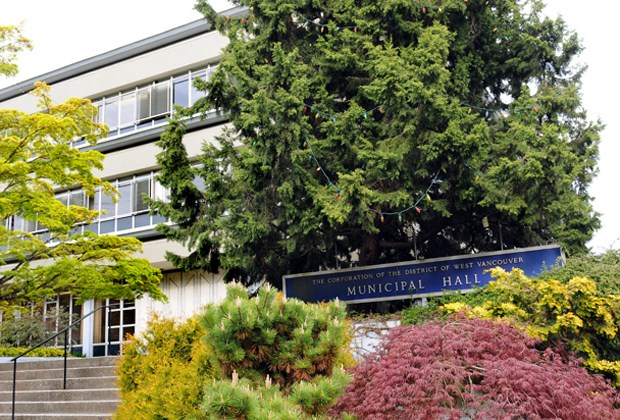Property owners in West Vancouver could see a dent in their household budgets after council prepared to approve hikes to both property taxes and utility rates this week.
The municipality's budget, presented Feb. 17, showed an increase of almost three per cent to property taxes.
The district's financial plan also included increases of 11 per cent to sewer rates and five per cent to water rates this year.
Some council members defended the tax hike.
Coun. Nora Gambioli said the municipality has passed two budgets in a row with no increase to tax rates.
"I think that politically speaking perhaps we're not very smart by having a 2.9 per cent increase in an election year - but then you could also argue that we're not trying to be political by actually digging down and having enough gumption to suggest a 2.92 increase in an election year."
Gambioli remarked that after reviewing municipal taxes on assessed values in other jurisdictions, West Vancouver taxpayers are still getting the best deal.
"If you owned a piece of property that was worth a million dollars in North Vancouver district last year, you were paying $2,370 in property taxes," said Gambioli. "If you lived here you were paying $1,688 in property tax and if you were living in Squamish for some unknown and amazing reason, you were paying $4,742. That's quite mind boggling."
Coun. Trish Panz said she also supported the increase.
"I've never really been a big fan of zero," said Panz.
She said a small, predictable tax increase tied to increases in the consumer price index makes more sense.
Panz also pointed to West Vancouver's high reliance on residential property tax, which stands at 92 per cent of the overall tax base. She compared that to the District of North Vancouver, where residential taxes make up 78 per cent of the tax base.
Other councillors still had reservations about the budget.
Coun. Craig Cameron voiced his concerns about what he called the "infrastructure deficit" the district had been incurring by not putting enough money aside to fund capital costs in the future.
"We ultimately haven't been putting money away to maintain our facilities, not nearly to the extent that we should have," he said.
Second and third readings of the budget bylaw passed unanimously. Final adoption is expected next month.



